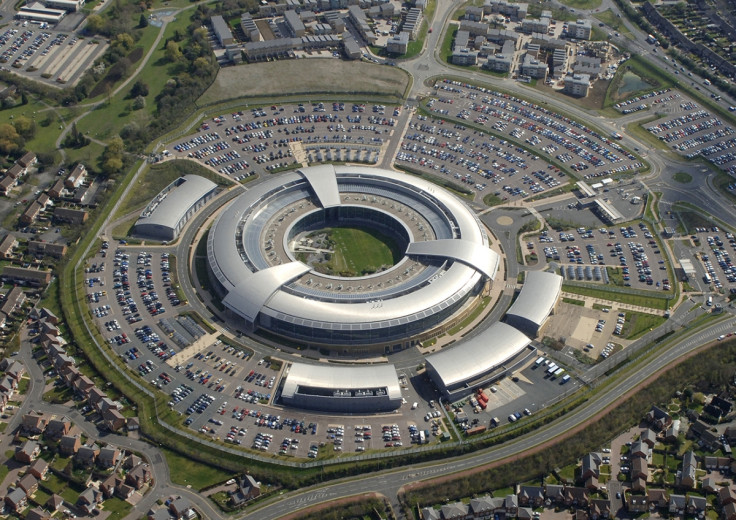GCHQ is using this puzzle to recruit aspiring female spies - do you have what it takes to crack it?
Only a true spy can figure this one out.

Want to be a spy? This may be your chance.
In an effort to attract young female recruits, the Government Communications Headquarters (GCHQ), the body that surveils communications in the UK, has broadcast a test puzzle on national radio.
The puzzle was passed on Monday (15 January) to BBC Radio 4's Today show as part of its Puzzle for Today slot.
It was submitted by the National Cyber Security Centre (NCSC), a subdivision of GCHQ which is specifically focused on preventing cyber attacks on important parts of the UK's infrastructure.
The NCSC wants to catch the attention of secondary schoolgirls aged between 12 and 13 who have a knack for deciphering complicated puzzles and other codes.
While the brand new agency is mainly focused on the internet, the logic behind the puzzle has been used for centuries in passing secret information.
It may sound peculiar to recruit would-be spies through puzzles broadcast publicly but it is an old Intelligence trick dating back to World War II. British intelligence would scan for potential code-breakers by placing particularly hard crosswords in the Daily Telegraph.
Here's the code:
"Thirteen rotters stole my answer and they ROTated it by 4 and then ROTated it by 10
and all I have left is Uccr ziqy hc ozz QmpsfTwfgh Uwfzg! - can you help me get my answer back?"
The code resembles a Caesar cypher, where the letters in the code are shifted through all 26 letters of the alphabet based on logic.
In order to discover the hidden code, all you have to do is to rotate through the letters of the alphabet the way you would go through numbers on a combination-lock padlock, using the clues given in the code.
"Thirteen rotters" is actually a pun referencing the ROT13 cypher, which rotates letters halfway through the alphabet - A becomes N and N becomes A, for example.
For the code provided by the NCSC, you have to rotate the letters in the code 10 spaces back in the alphabet - U becomes K - and then another 4 - K becomes G.
Got it? Why not try to decipher the code by yourself and scroll down to see the answer provided at the end of this article?
What do we want? Women spies! When do we want them? Now
Of course, a computer would break the puzzle in a second or less as cyphers are no match for modern encryptions. But the NCSC hopes it can attract a few female recruits to help solve its huge diversity problem.
In March 2015, an investigation by parliament's Intelligence and Security Committee reported that only 37% of intelligence agencies staff - such as GCHQ and MI6 - are women. Few reach high-level positions during their careers.
MI6 and GCHQ turned to advertising jobs on Mumsnet in May 2017 to get more female applicants. They offered flexible working hours for men and women to help with childcare and ensured that women who went on maternity leave had jobs to return to.
Puzzle answer: Good luck to all CyberFirst Girls!






















